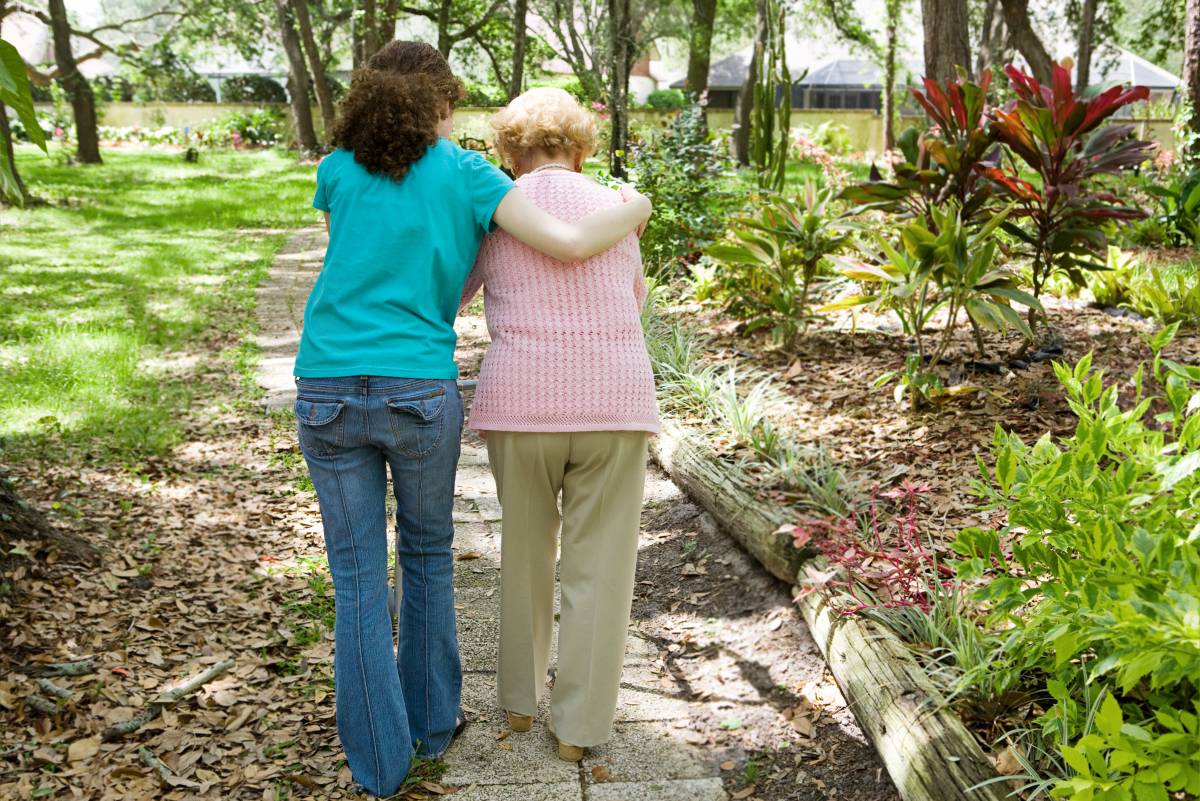International study backs the prescription of exercise rather than drugs among people with dementia
The growing popularity of prescribing a ‘social’ activity – such as regular exercise sessions, for example – as a treatment alternative to medication has been backed by researchers focusing on dementia.
In an online, peer-reviewed paper published today by The BMJ, an international team led by Jennifer A Watt, from the Knowledge Translation Program at the Li Ka Shing Knowledge Institute, St Michael’s Hospital, Toronto, urges doctors and other clinicians to consider adopting drug-free approaches.

The team's recommendation is likely to be particularly welcomed by physiotherapists operating in the mental health and older people’s fields, as it adds to the body of evidence linking regular exercise to the alleviation of many forms of mental distress.
Dr Watt and her colleagues argue that options such as exercise and social interaction appear to be just as – or even more – effective than drugs in reducing the symptoms of depression in people with dementia.
The research team analysed the results of more than 250 studies involving more than 28,000 people with dementia, some of whom had a major depressive disorder, while some did not.
Ten helpful interventions
Drug approaches alone were no more effective than usual care, the team found, while 10 interventions were linked to a greater reduction in the symptoms of depression when compared with usual care. These were
- cognitive stimulation
- exercise
- reminiscence therapy
- cognitive stimulation with a cholinesterase inhibitor
- massage and touch therapy
- multidisciplinary care
- psychotherapy combined with reminiscence therapy and environmental modification
- occupational therapy
- exercise combined with social interaction and cognitive stimulation
- animal therapy
Three interventions – massage and touch therapy, cognitive stimulation with a cholinesterase inhibitor, and cognitive stimulation combined with exercise and social interaction – were found to be more effective than some drugs.
Non-drug approaches were associated with a meaningful reduction in symptoms of depression in people with dementia and without a diagnosis of a major depressive disorder [Dr Jennifer Watt and colleagues]
Limitations acknowleged
The researchers acknowledge that their study has limitations: they were, for example, unable to explore the severity of the symptoms of depression among the studies’ participants or the effects on different types of dementia. They did not, for example, examine either the potential costs or harms of implementing drug and non-drug interventions.
However, on the plus side, their systematic review included a large number of articles that used recognised clinical scales to capture individuals’ symptoms of depression.
Wide-ranging implications
The authors conclude that ‘non-drug approaches were associated with a meaningful reduction in symptoms of depression in people with dementia and without a diagnosis of a major depressive disorder’.
Their findings have implications for a wide range of players – patients, caregivers, clinicians and policy makers – who can help to incorporate them into everyday practice.
Key facts
- 50 million people worldwide have a diagnosis of dementia
- about 16 per cent of them also have a diagnosis of a major depressive disorder
- 32 per cent have symptoms of depression, but no formal diagnosis
To download the open-access paper, titled Comparative efficacy of interventions for reducing symptoms of depression in people with dementia: systematic review and network meta-analysis, visit: https://www.bmj.com/content/372/bmj.n532
Author: Ian A McMillan
Share it with














